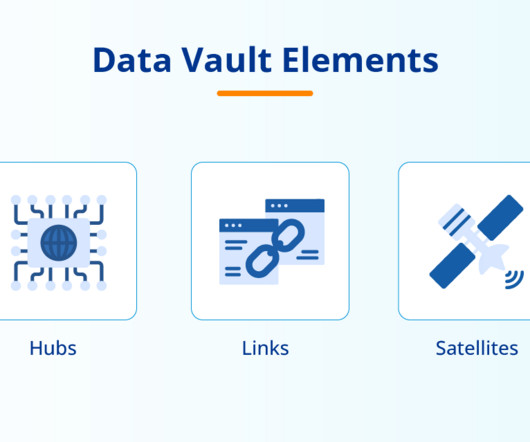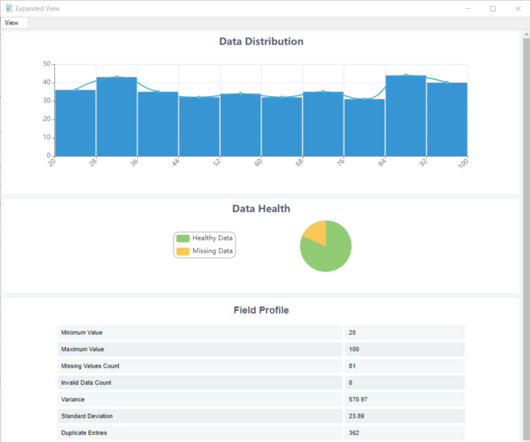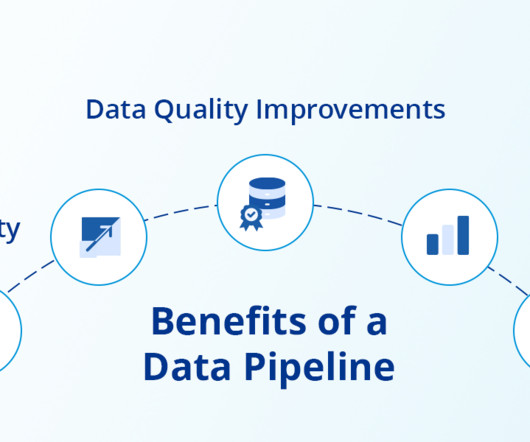Data Vault vs. Data Mesh: Choosing the Right Data Architecture?
Astera
JANUARY 12, 2024
Modern data architecture is characterized by flexibility and adaptability, allowing organizations to seamlessly integrate structured and unstructured data, facilitate real-time analytics, and ensure robust data governance and security, fostering data-driven insights.












Let's personalize your content